Bu içerik, Cumbria’nın doğu kenarındaki Mallerstang Vadisi’nde bir çiftçilik işleten Matthew ve Liz Staley ile ilgilidir. Çift, zorlu kışlar ve 304 metre yükseklikteki bir çiftlikte hayvan yetiştirme gibi zorluklarla karşılaşsa da, vadide yaşamaktan ve çalışmaktan mutludur. Ancak, son yıllarda tepe çiftçiliği gelirlerinin düşmesiyle mali bir mücadeleyle karşı karşıyadırlar. Hükümetin tarım desteği programındaki kesintiler nedeniyle zor durumda kalan çiftçiler arasında yer alırlar. Ayrıca, çocukları Lewis ve Luke’un, tarım sektörüne girmek istedikleri geleceğinden de endişe duymaktadırlar. Hükümetin tarım desteğine yönelik politikaları ve çiftçilerin yaşadığı zorluklar bu içeriğin odak noktasıdır.
[ad 1]
Kaynak: www.bbc.com

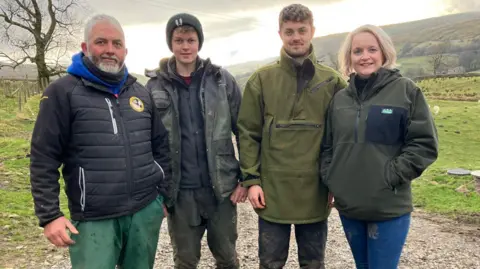 BBC
BBCThe Mallerstang Valley on the eastern edge of Cumbria is a spectacular place to live and work.
Matthew and Liz Staley would not want to be anywhere else. For almost five years, the couple has managed a hill farm on the fellside.
Like their sheep, they have to be hardy to cope with some tough winters, as well as the demands of farming 1,000ft (304m) up.
It has yet to put them off, as they are due to become full tenants next year.
But they also face a financial battle. Hill farming incomes have been falling in recent years.
To make ends meet, Matthew already has to spend time away from the farm doing freelance dry stone walling work, and Liz runs a full-time business, with another part-time job to keep the family afloat.
Then came the potential impact of the Labour government’s first Budget.

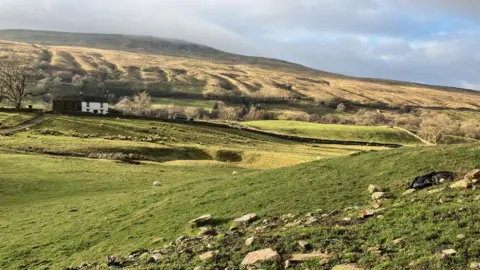
While much of the focus in the industry has been on the impact of changes to inheritance tax, it was another of the chancellor’s announcements that hit the hardest.
From next year, there will be a big cut to the Basic Payments Scheme – the government support for production on many farms.
The payments are being phased out, with the previous Conservative government announcing they would be abolished altogether by 2027.
But Rachel Reeves has accelerated that process. Next year, they will be cut by at least 76%. Any farmer paid up to £30,000 this year will lose 76% of that in 2025, and any money paid beyond that first £30,000 will be cut altogether.
The Staley’s farm will be hit, and as they are already struggling, it is a big blow.

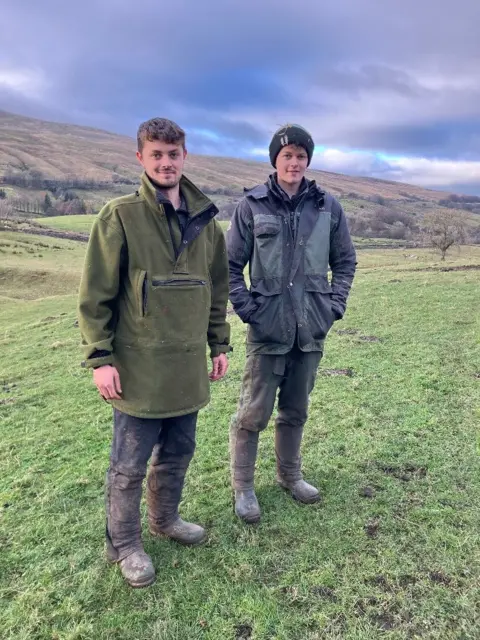
“It’s a hell of a big drop for farmers,” says Liz.
“There is an awful lot of anguish out there. It feels like our culture and our industry is going to be taken out of business.”
The government says there are alternatives.
Basic payments are being replaced by a range of subsidies under the banner of environmental land management schemes (Elms).
But the Staleys and other smaller farmers say they are struggling to access them, with some not fully up and running.
“They aren’t working and there isn’t that cross over just yet,” Liz says.
“They should have been implemented at the same time the Basic Payment Scheme was phased out, but that hasn’t happened.”
‘Farmers face being evicted’
Their MP, Westmorland and Lonsdale Liberal Democrat Tim Farron, who is also the party’s farming and environment spokesman, shares their concerns.
“The rollout of the environmental schemes has been done too slowly, and they’ve got rid of the old payments too quickly,” he says.
“This will hit the very poorest of farmers hardest, and in particular tenant farmers who’ll not be able to afford the rent, and within a year we might be seeing people evicted because of that.”
The government insists that farm support is at a record level.
A spokesperson for the Department of Environment, Food and Rural Affairs (Defra) says its commitment to farmers “remains steadfast”.
“It’s why we have committed £5bn to the farming budget over two years – the largest budget for sustainable food production and nature’s recovery in our country’s history.
“Over 60,000 agreements for our environmental land management schemes are now live and we will continue to evolve and improve them to support farmers, sustainable food production and nature recovery.”
‘Starmer says he loves Cumbria’
The Staleys say they are worried about the future of hill farming – not just for themselves but for their sons Lewis, 17, and Luke, 22, who want to be the next generation to enter the industry.
“I am really proud to see them enjoy what they’re doing on the farm,” Matthew says.
“They both love the environment and love where they live, but it’s just going to be tough for them.”
Liz says it “brings a tear” to her eye watching her sons on the farm.
“The boys love working the land, and it’s really what they want to do. We are being pushed out of business. The government is being really cruel.”

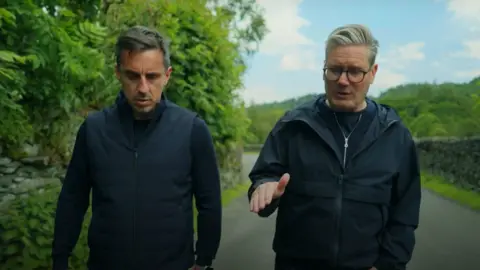 Keir Starmer/YouTube/PA Wire
Keir Starmer/YouTube/PA WireShe also has a message for Prime Minister Sir Keir Starmer, who made a big play of his love of the Lake District landscape during July’s general election.
In a party political broadcast, he told former England footballer Gary Neville about his affection for his childhood holidays in Langdale.
“Keir Starmer has spoken of his love of Cumbria, and of Langdale in particular,” Liz says.
“Can he not see what he’s doing? If he loves coming to these places he needs to see it’s the farmers who make it look that way with their livestock.”
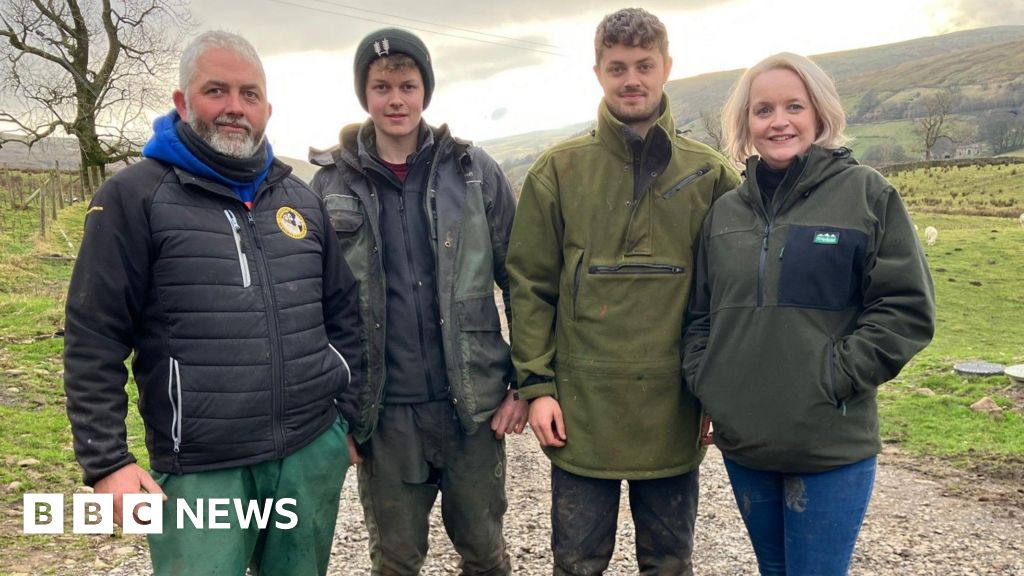
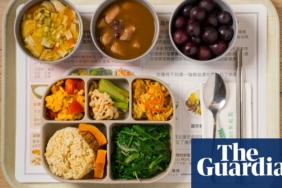

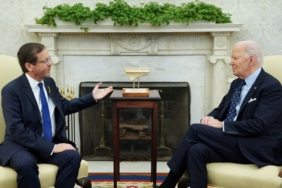



Yorumlar kapalı.